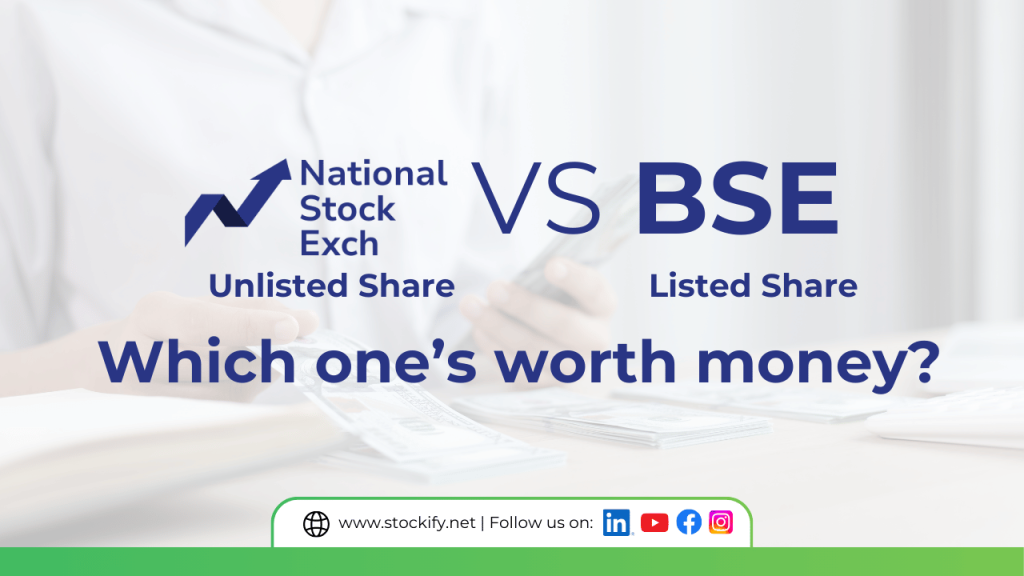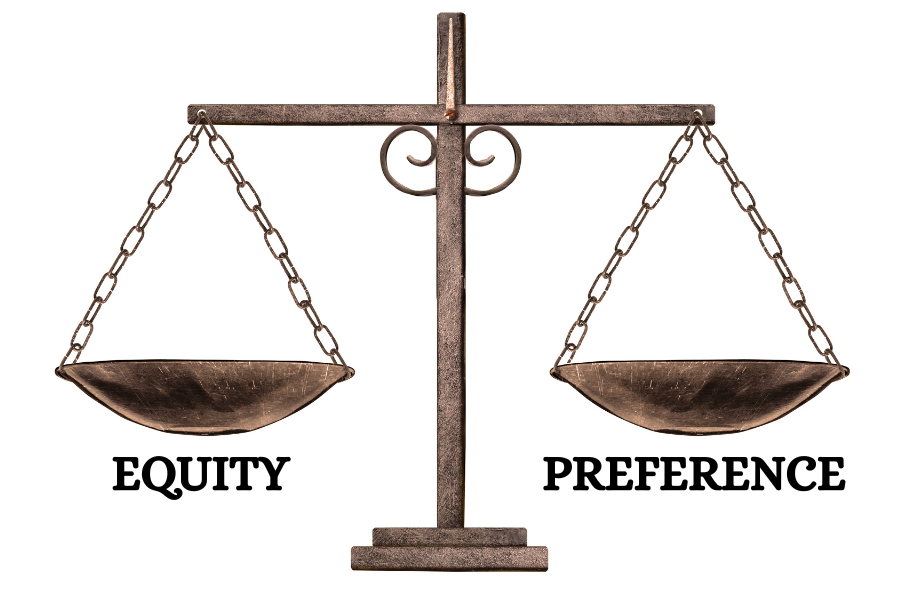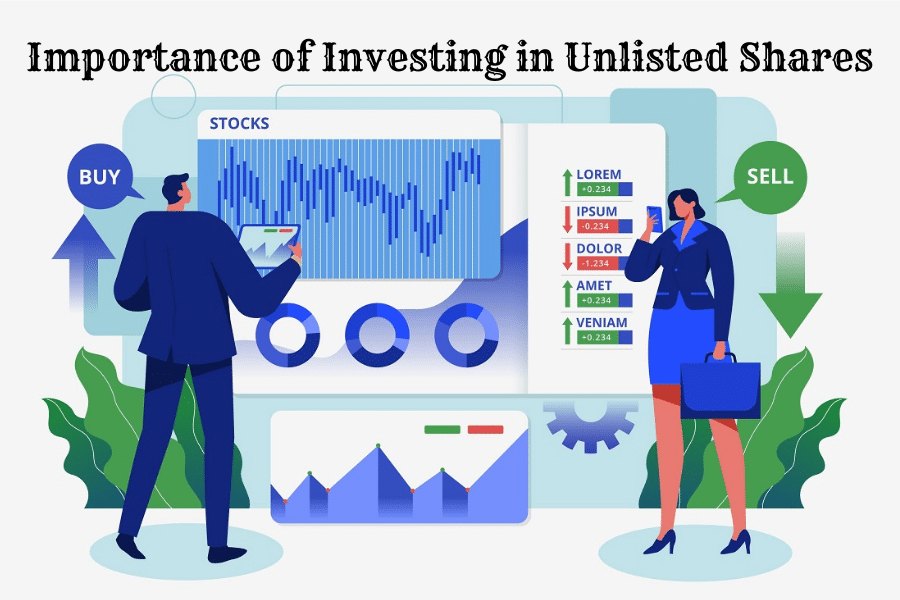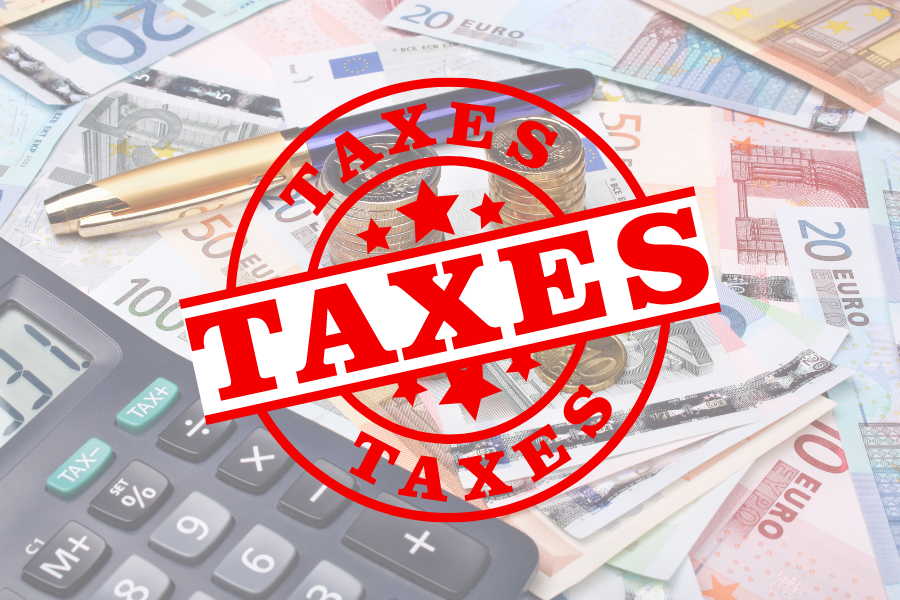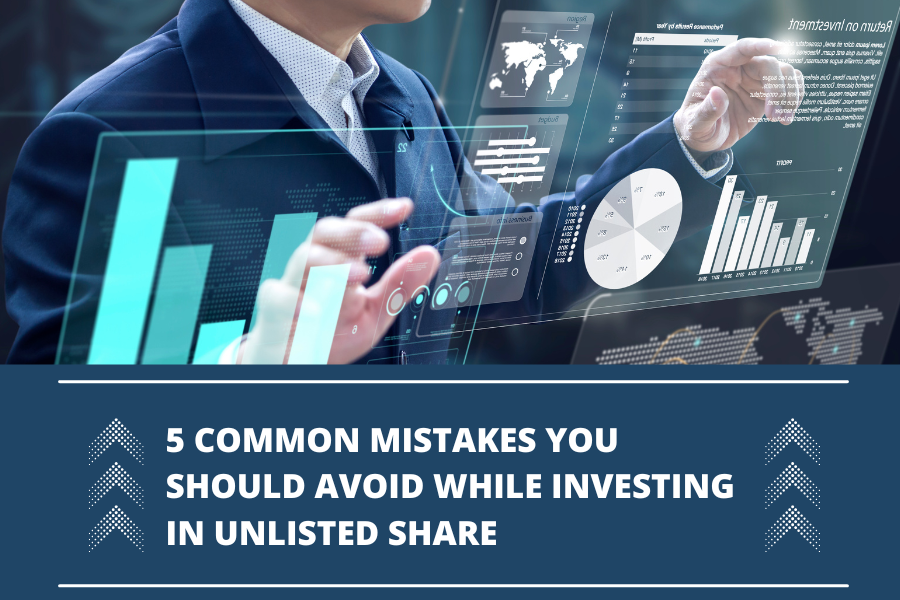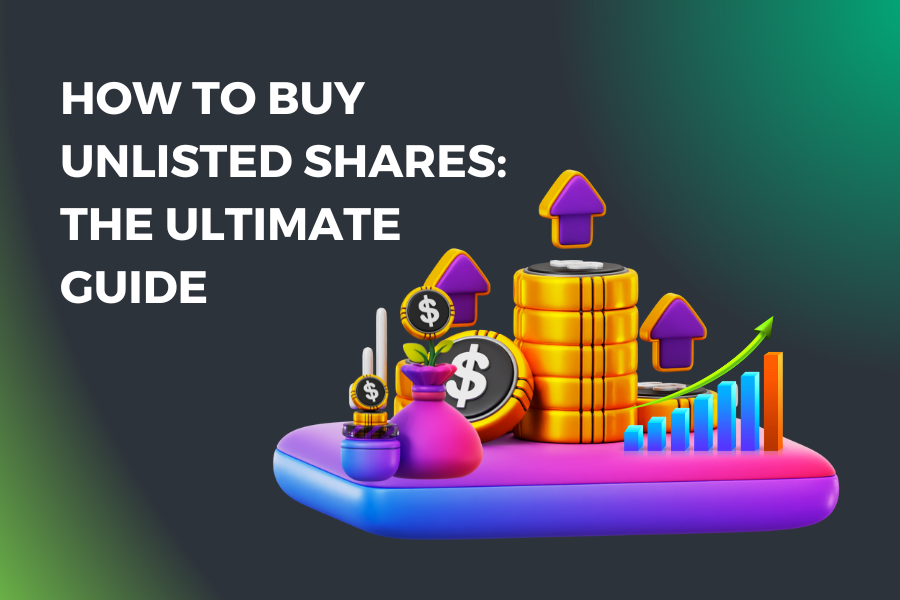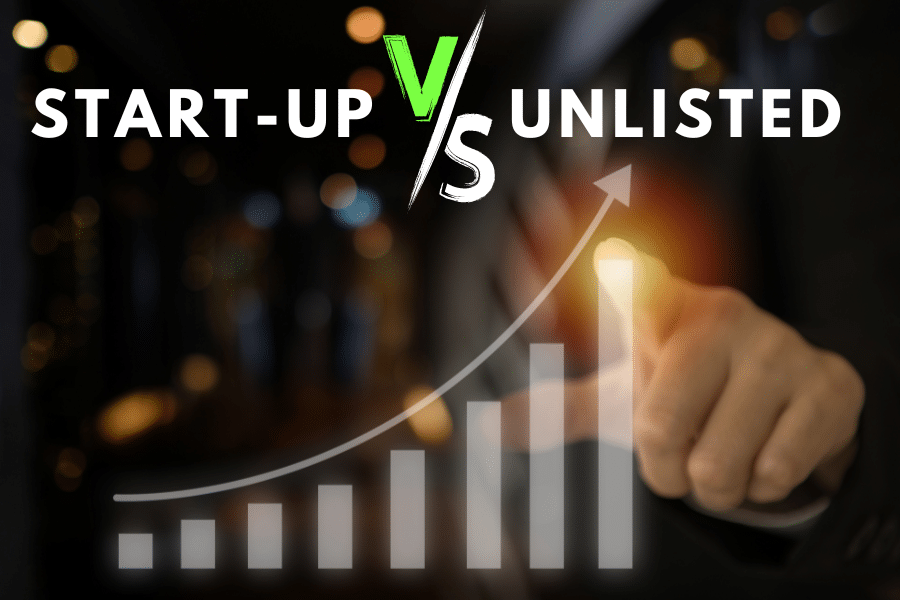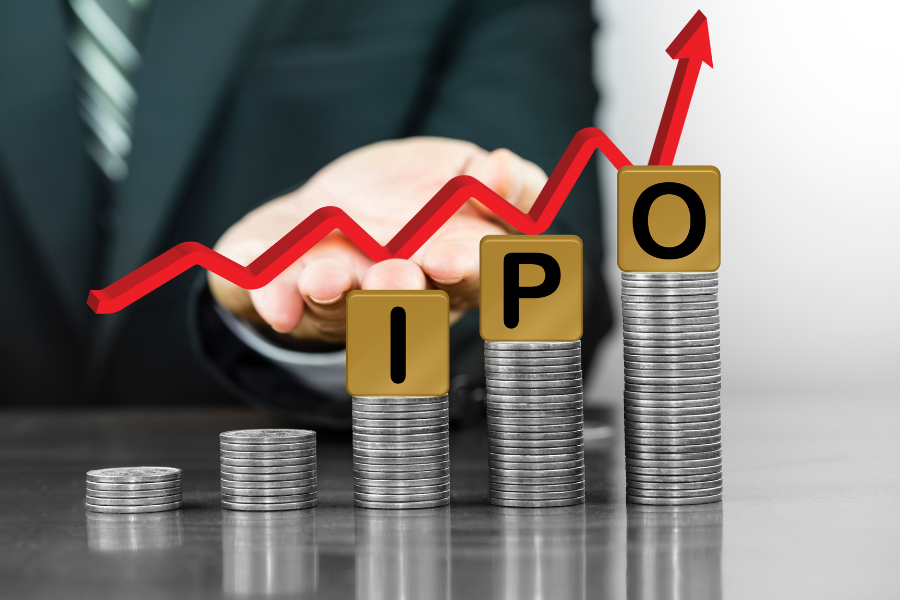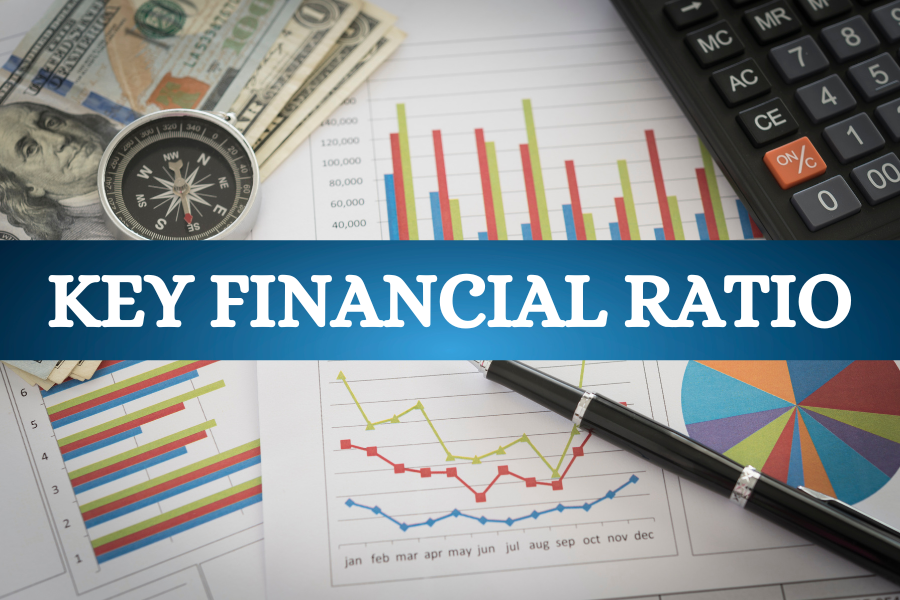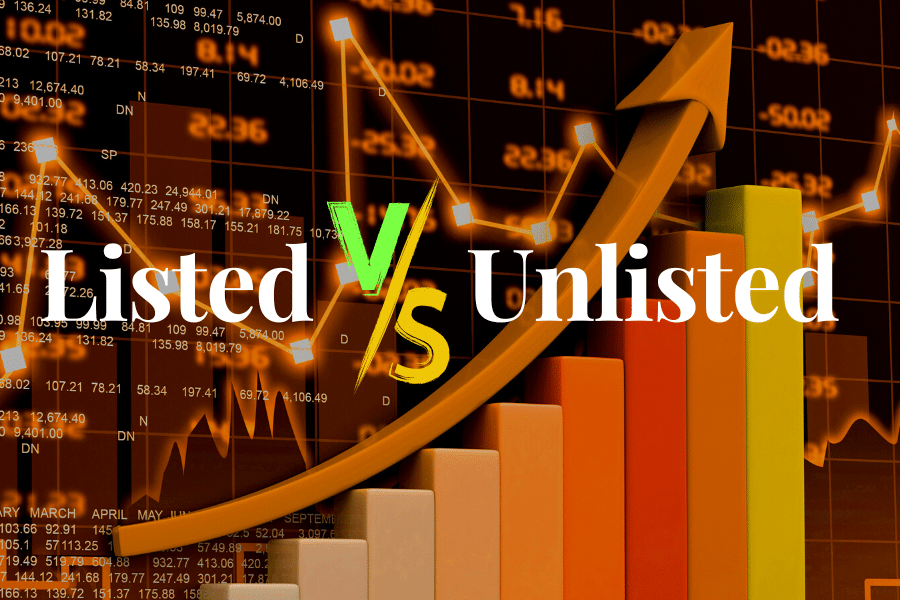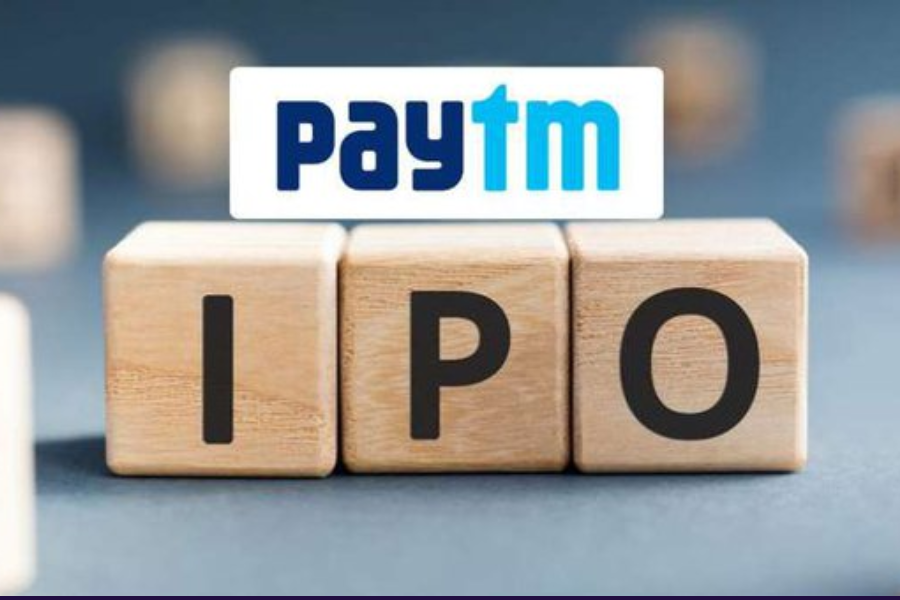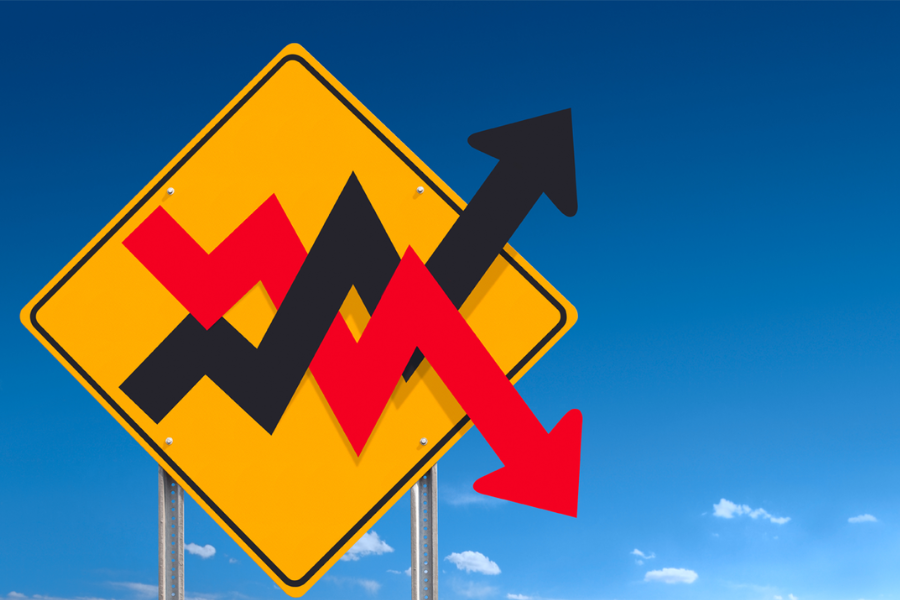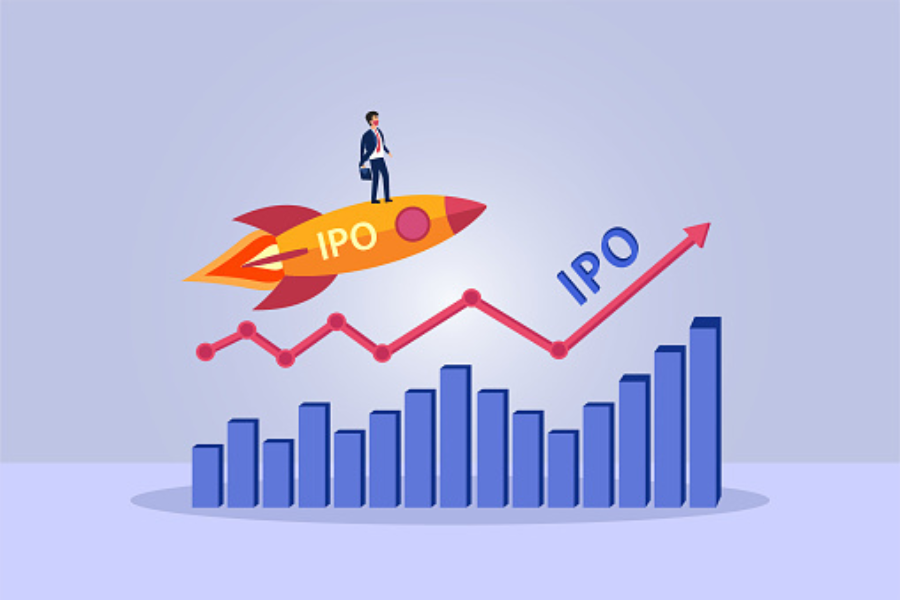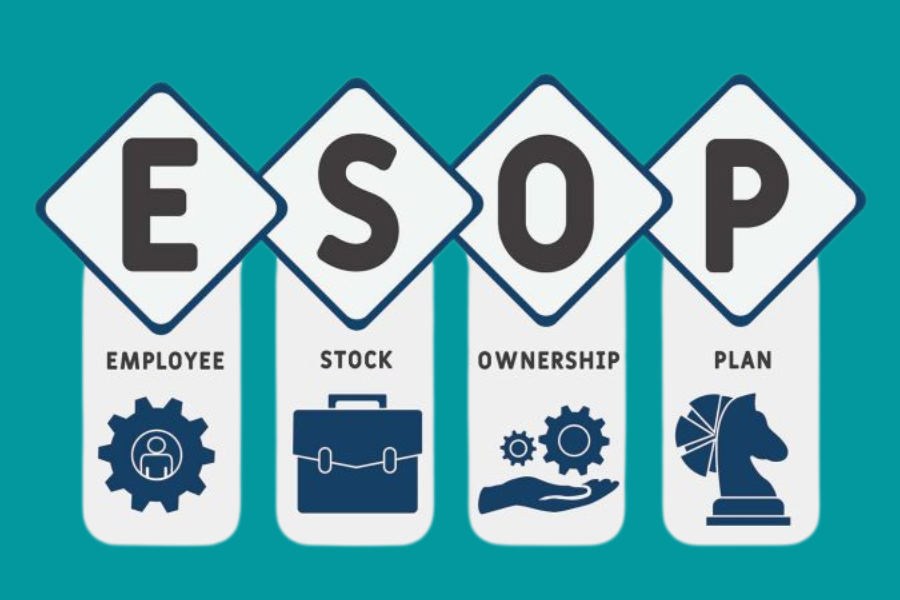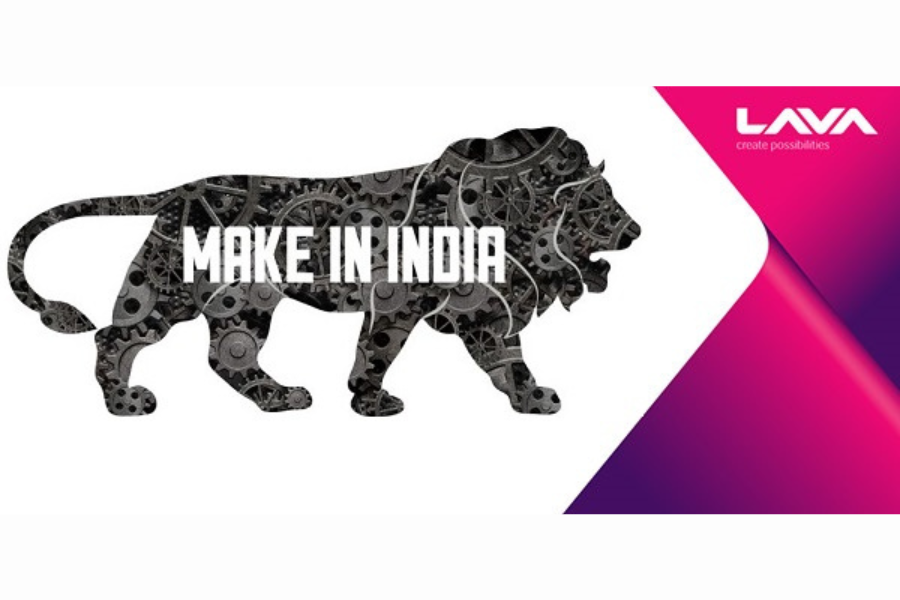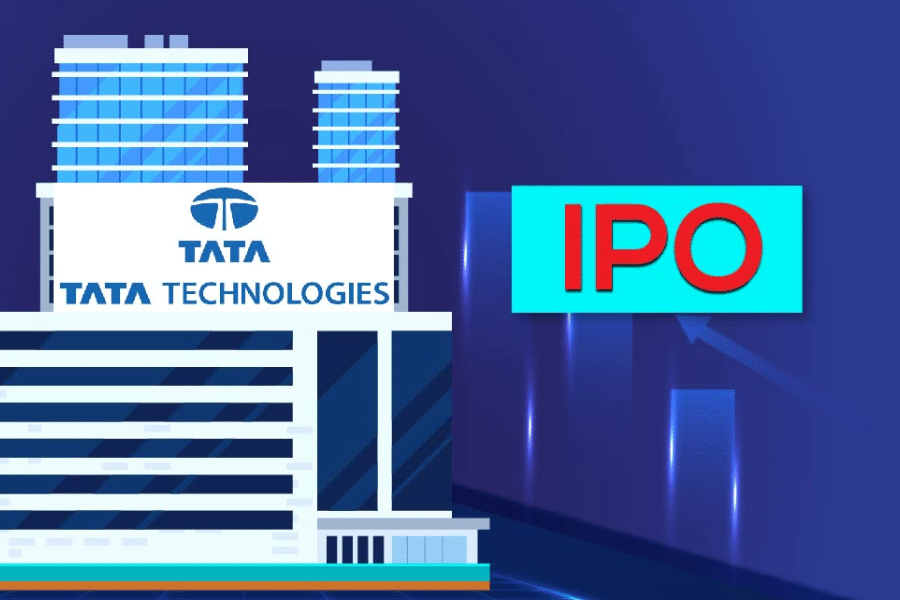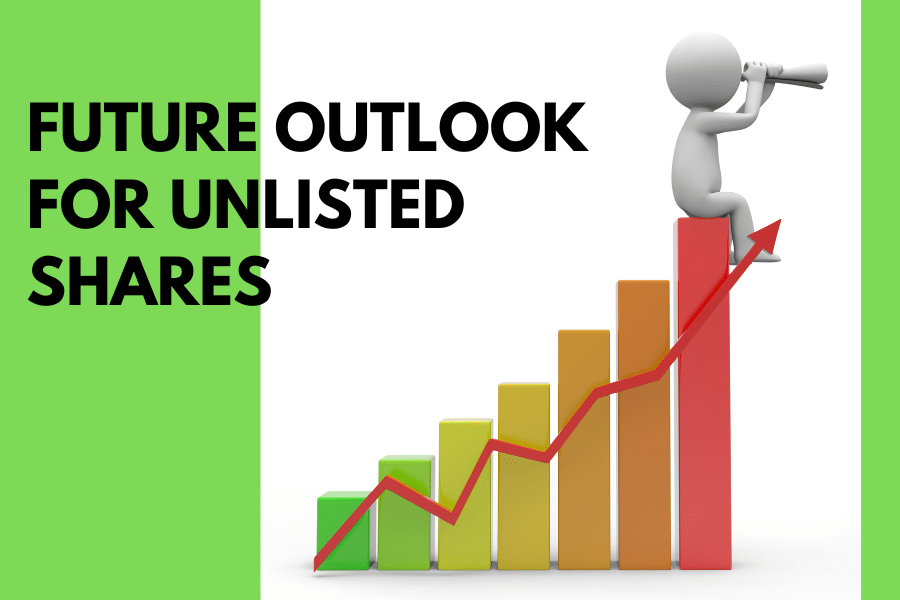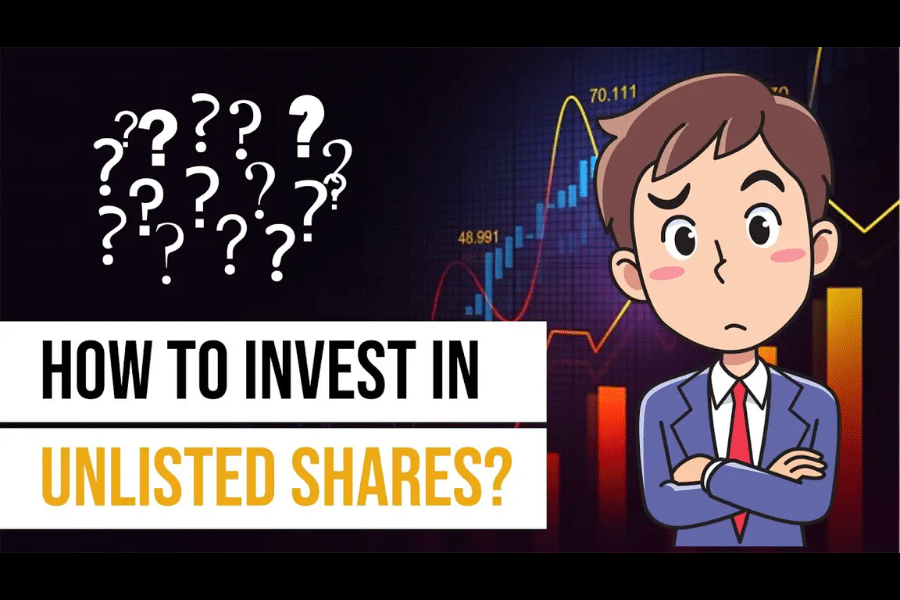Table of Contents
Buy/Sell Your Unlisted Shares
Submit the details below to share a quote.
We come across the word “Stock Exchange” in our day-to-day life or may have seen people who work in finance or invest in the stock market. The stock exchange is a crucial component of the stock market, but it does not own stocks. Instead, it is a medium that brings stock sellers and stock buyers to the same platform. In India, stocks or shares can be traded on different exchanges, such as NSE (National Stock Exchange) or BSE (Bombay Stock Exchange). Stride along with us to learn about the difference between NSE and BSE. Let’s start from scratch.
What Is the National Stock Exchange?
The National Stock Exchange of India Limited is the biggest financial market in India. Established in 1992, NSE was established as a refined and electronic market, and now it is a fully automated electronic platform. NSE is world’s largest derivative exchange by number of contracts and third largest in cash equities by number of trades.. In 1994, stock trading began on NSE with the introduction of the wholesale debt market and a cash market segment. The exchange was established to bring enhanced transparency to the Indian stock market.
NSE has$5 Trillionin total market capitalization till May 2024 and cemented its name as one of the world’s largest stock exchanges.Currently, NSE is the 7th largest stock exchanges in the world.The main advantages of the NSE are its high liquidity and ease of trading due to its incorporation of the latest technologies.
Currently, NSE conducts transactions in equity and wholesale debt markets. The NIFTY 50 Index is one of the widely popular offerings of the NSE, which monitors the largest assets in the Indian equity market and represents the majority of total market capitalization.
What Is the Bombay Stock Exchange?
Incorporated in 1875 as the Native Share and Stock Brokers’ Association, the Bombay Stock Exchange (BSE) is India’s first and largest securities market. One of the largest exchanges in the world, BSE lists nearly 6000 companies and is known for its support for developing capital markets in India. BSE is the first stock exchange in Asia and encompasses a platform where small and medium enterprises trade equities.
BSE is the first stock exchange in Asia and encompasses a platform where small and medium enterprises trade equities on a low volume. BSE had a market capitalisation of over US$5 trillionas of May 24, making it the biggest stock exchange in India.This was a huge achievement for BSE and for the Indian stock market. This can attract more eyes to the equity market of India.
Key Differences Between NSE and BSE
Regardless of whether you're an investor or a trader, you must know what these stock exchanges are and the essential differences between the BSE and the NSE. Here is some useful information about these two stock exchanges that will assist you in recognizing and perceiving the distinctions between the NSE and the BSE.
| Basis of Comparison | NSE | BSE |
| Full Form | National Stock Exchange | Bombay Stock Exchange |
| Incorporation | Established in 1992 | Established in 1875 |
| Introduction | India’s First Fully Automated, Electronic Trading Platform | The Oldest Stock Exchange In India |
| Benchmark Index | NIFTY 50 | SENSEX |
| Headquarters | Located In Mumbai | Located In Mumbai |
| Companies Listed | 2,671 | 5,505 |
| Products | 1. Equity2. Equity, Currency, and Commodity Derivatives3. Exchange-Traded Funds4. Mutual Funds5. Security Lending & Borrowing Scheme6. Corporate Bonds7. Initial Public Offering (IPO)8. Institutional Placement Program (IPP)9. Offer for Sale | 1. Equity2. Equity, Currency, and Commodity Derivatives3. Exchange-Traded Funds4. Mutual Funds5. Corporate Bonds6. Initial Public Offering (IPO)7. Offer for Sale |
| Market Capitalization | $5 Trillion | $5 Trillion |
| Liquidity | High Liquidity | Low Liquidity |
| Global Rank | 7th | 6th |
Profit & Loss Summary: NSE Vs. BSE
| Profit & Loss (In Rs CR) - FY 2024 | NSE | BSE |
| Revenue | 16,433 | 1618 |
| Operating EBITDA | 9,870 | 400 |
| PBT | 11,184 | 956.6 |
| PAT | 8,306 | 771.6 |
| EPS | 167.79 | 56.66 |
Balance Sheet: NSE Vs. BSE
Balance sheet FY 2024 (In Rs CR) | NSE | BSE |
Current Assets | 42,542 | 5,970 |
Non-Current Assets | 22,069 | 3,480 |
Assets held for sale | 853 | 0 |
Total Assets | 65463 | 9,450 |
Total Equity | 23,974 | 3,455 |
Core SGF | 8,910 | 955 |
Non-Current Liabilities | 552 | 13 |
Current Liabilities | 32,027 | 5,027 |
Total Liabilities | 65,463 | 9,450 |
Difference Between NSE and BSE Based On Cash Flow
| Particulars (As of March 24) | NSE | BSE |
| Profit Before Tax | 11,104.70 | 771.6 |
| Net Cash Flow from Operating Activity | 29,744.30 | 2842 |
| Net Cash Used in Investing Activity | (8,336.31) | (1064.5) |
| Net Cash Used in Financing Activity | (3,993.69) | (149) |
| Net Inc/Dec In Cash and Cash Equivalent | 17,414.30 | 1628.5 |
| Cash and Cash Equivalent - Beginning of the Year | 5,974.65 | 453 |
Why is the NSE Better Than the BSE?
As you can see from the data provided above, NSE has more trading volume than BSE, indicating that many stock buyers and sellers are available regarding NSE unlisted shares. In addition, NSE’s greater liquidity compared to BSE makes it a better choice. Greater liquidity indicates easier trading, ultimately providing several opportunities to convert shares into money. If you are a retail investor wishing to trade in derivatives, NSE would be a preferred alternative since NSE has a monopoly in the derivative contract segment, and the trading numbers of NSE Nifty are high due to its better liquidity.
Certainly, NSE pre-IPO stock is the best bet for you if you wish to put your money into stock investment as a retail investor. NSE is dominating with more than 90% market share in all categories. Compared to BSE, its revenue is 10 times more than BSE for the last four years.In 2024 NSE's EPS (Equity Per Share) is 167 per share in the financial year 2024, which is 3 times more than the EPS of BSE.
Based on the above data and the comparison, if you buy NSE unlisted shares, count on Stockify. We are one of India’s trusted online stock trading platforms where you can buy and sell unlisted shares in India from the comfort of your home.


